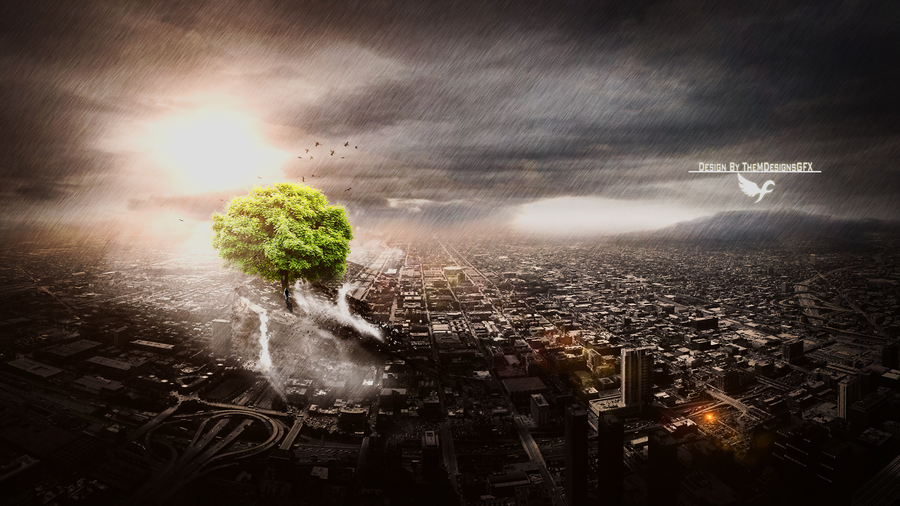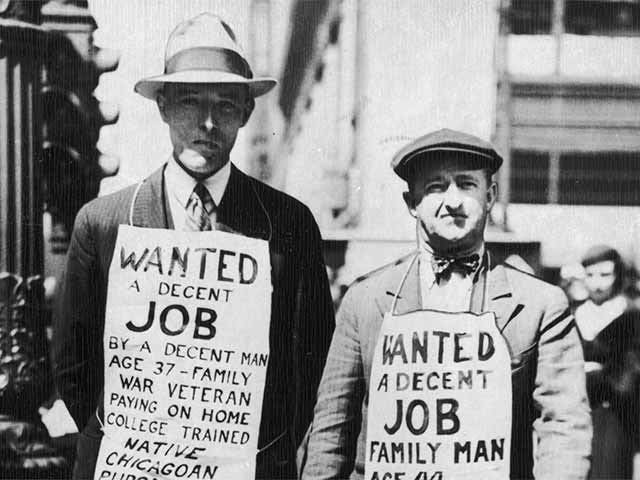Knowledge, like memory, is fragmented and like the branches and roots that grow off of the tree, is understood in bits and pieces. Eliot says that the “Son of man” could never get to experience the whole of life. Like the roots and branches, man only gets to be a part of the whole. Man would only get to experience the essence of life through a “heap of broken images.” The broken images that make up the city man lives in could be the reflection of a hard society he is a part of. Eliot also says that the city is made out of “stony rubbish” which makes it feel very cold, isolated, and somehow expendable.
Eliot is highlighting the lack of nature in the city except for a tree that offers no shelter or life. Light perhaps tries to fight itself into the city “where the sun beats” to offer life, warmth, and hope but it seems to be in vain. Like Henry Adams' "The Dynamo and the Virgin," Eliot suggests that the people are no longer a simple being; they are a part of something bigger, something that keeps building rubbish upon rubbish. The people have become more about facts and sequence and it has damaged them. They are not experiencing life like Gaudens experiences the cathedral and the result of that is a broken society. The lack of consciousness makes the people neither living nor dead for even song, “the cricket” offers “no relief,” cannot shake them out of their miserable state. We can see how Eliot perceived this new generation through the broken images of wasted nature, wasted society, and a wasted city that has itself become a wasteland, as there is “no sound of water “in” the dry stone.



